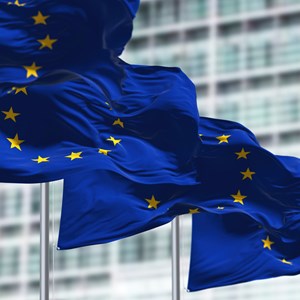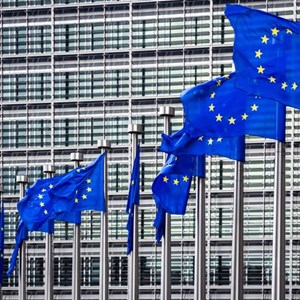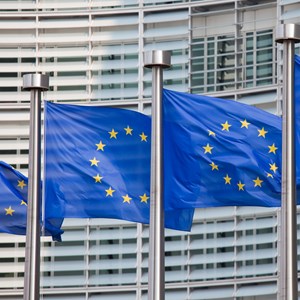NEWS

The European space sector is undergoing rapid expansion driven by increasing demand for space-based data and services. To support a competitive and innovative internal market, the European Commission proposed an EU Space Act. The initiative aims to harmonize rules for space operators, improve space object tracking, strengthen cybersecurity, and establish a common method for assessing environmental impacts, ensuring legal certainty and safeguarding the long-term use of space.

In response to the European Commission’s evaluation of the Fertilizing Products Regulation (FPR), CEN has submitted a response outlining key technical and regulatory concerns, as well as proposals for improvement.

European Commission’s Omnibus Directive ‘Aligning product legislation with the digital age’ proposes uniform alternative options to give businesses legal certainty regarding compliance with EU rules, where harmonized standards do not exist or are not available.
CEN and CENELEC support the European Commission’s efforts to harmonize criteria for issuing common specifications. However, it is critical that the process is done in a way that ensures the involvement of a broad range of stakeholders, from societal stakeholders to Member States and industry as they are the actors who will later enforce and follow specifications to gain access to the internal market.

Following the 2022 evaluation of the New Legislative Framework (NLF), the NLF, though a cornerstone of EU product legislation harmonization, was found to require modernization for the digital age and support European circular economy objectives. The 2025 Single Market Strategy further confirmed the need for this revision, alongside other legislative initiatives relating to Single Market Policy, including the standardization regulation and the Fourth Package of the Omnibus, on aligning product legislation with the digital age. During this revision, it is essential that these reviews are coordinated to ensure consistency, synergy, and simplification across the EU’s regulatory product framework.

CEN and CENELEC responded to the Call for Evidence on the Revision of Regulation 1025/2012, outlining a clear vision to strengthen the European Standardization System (ESS) and ensure its continued relevance and resilience.

As the European Commission pushes forward with the Industrial Decarbonization Accelerator Act (IDAA), a key part of the Clean Industrial Deal, CEN and CENELEC are stepping up to ensure standards play a key role in Europe’s green industrial future. The objective of the IDAA is to increase sustainable and resilient industrial production in energy-intensive industrial sectors in the EU by supporting decarbonization investments.

On 7 July, CEN and CENELEC officially accepted the European Commission’s Standardization Request on European Trusted Data Framework, under Mandate M/614. This milestone supports the implementation of the EU Data Act which will become applicable on 12 September 2025.

CEN and CENELEC welcome the European Commission’s publication of the Quantum Europe Strategy, released in July 2025. The strategy outlines a comprehensive vision for Europe’s leadership in quantum technologies, emphasizing the pivotal role of standardization in ensuring interoperability, fostering innovation, and accelerating the commercialization of quantum solutions.

On 31 March 2025, the European Commission opened a public consultation titled “Towards a circular, regenerative and competitive bioeconomy”. The initiative aims to offer solutions for a circular and climate neutral economy and boost competitiveness within planetary boundaries by helping citizens, regions and key economic sectors make the best and most sustainable use of biomass. The results of the public consultation will be used to build a new bioeconomy strategy expected for the end of 2025, to complement the Competitiveness Compass and the Clean Industrial Deal.

CEN and CENELEC are pleased to support the dissemination of the survey launched by the European Commission on the Codes of Practice for Knowledge Valorisation, adopted between 2023 and 2024.